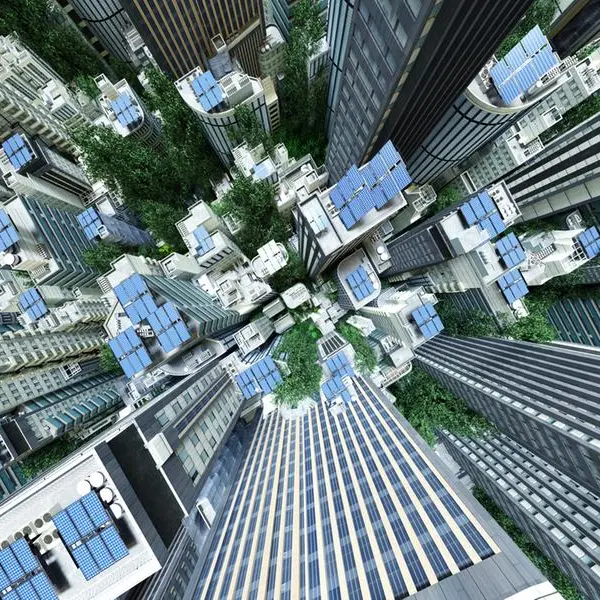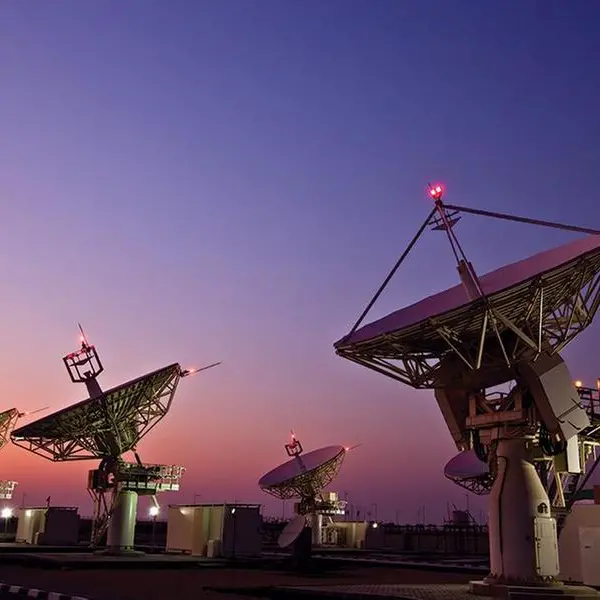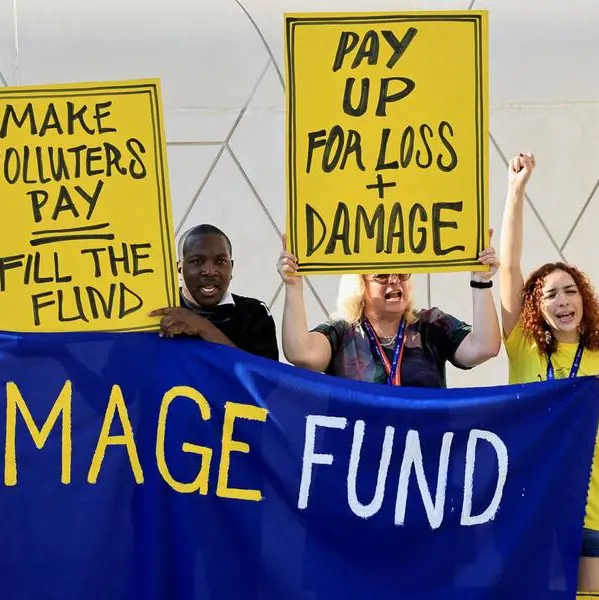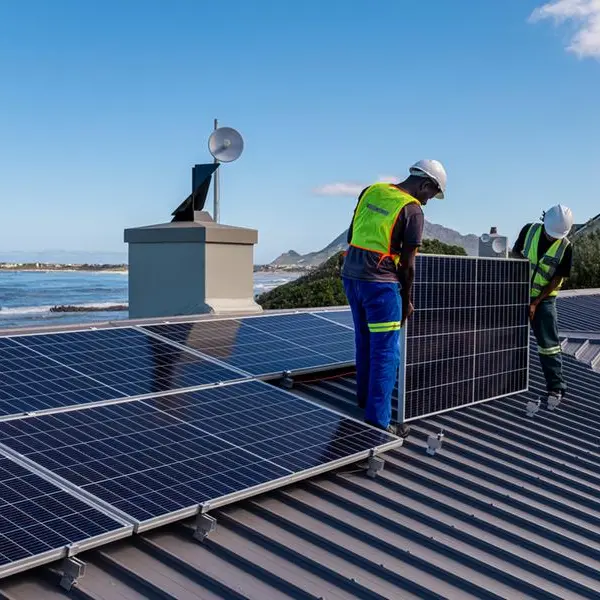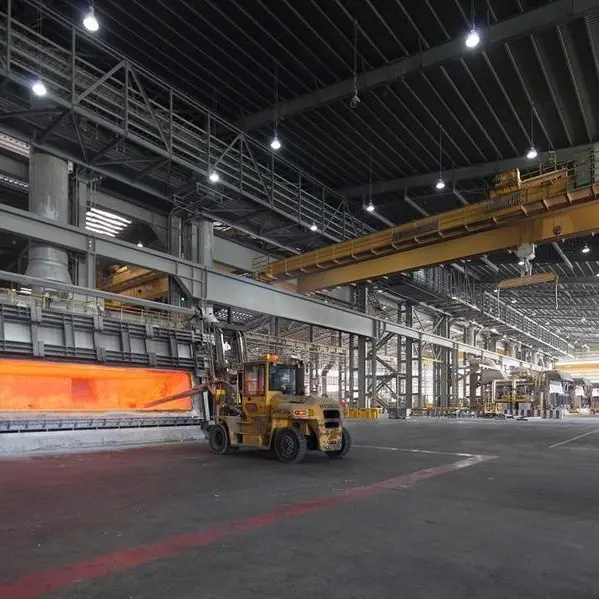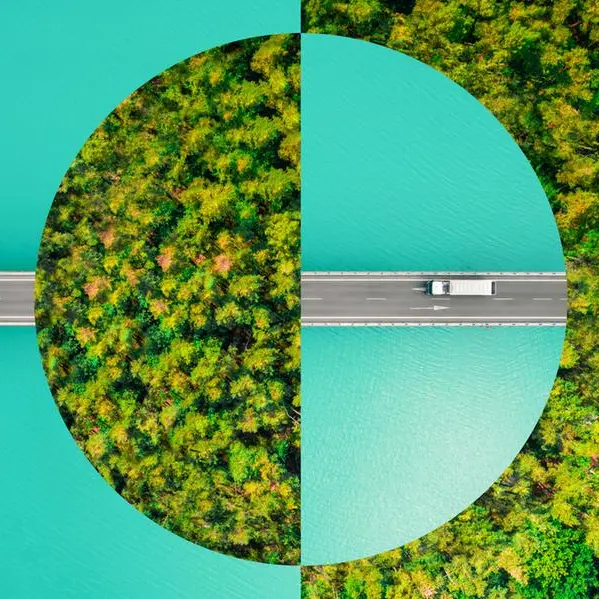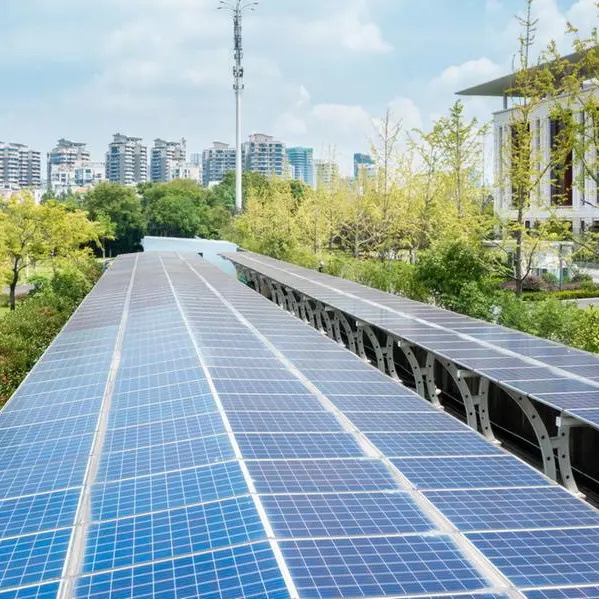PHOTO
Developing countries should develop green industrial parks in places with cheap sources of green energy to allow them simultaneous economic growth and decarbonisation, according to a leading academic.
Professor Ricardo Haussman, founder and director of Harvard Growth Lab, told the UNCTAD World Investment Forum (WIF), held in Abu Dhabi, that there is a common narrative that every country needs to decarbonise, and that as it is harder for poorer countries, rich countries should help, prioritising high emitters like South Africa, Indonesia and Vietnam.
But Hassan said he believes this is the wrong way to think about the problem of reducing carbon emissions and reaching net zero.
He said developed countries need to decarbonise, and developing countries have a growth problem, and that the question should be asked as to whether developing countries can grow by helping the world decarbonise.
“Clean energy is difficult to transport,” he said, “meaning it is better consumed closer to its source, meaning energy intensive industries will have to relocate to places that have renewable energy.
He continued: “Developing countries can grow by developing green industrial parks in places with cheap sources of green energy.”
Haussman was one of the speakers at the WIF’s high-level roundtable on investment in the energy transition.
The roundtable also heard from Francesco La Camera, director general of the Abu Dhabi-based International Renewable Energy Agency (IRENA) who said disparities in investments in developed versus developing economies had grown between 2015 and 2021.
Europe received 22 times the investment per capita compared with Sub-Saharan Africa in renewables in 2015, while North America excluding Mexico received 23 times that of Sub-Saharan Africa in that year.
This grew to Europe receiving 41 times the investment that Sub-Saharan Africa received in 2021, and North American receiving 57 times more.
“More than half of the world’s population only receive 15% of the renewable investments,” he said.
The roundtable heard from Abu Dhabi Future Energy Company, (Masdar), which is jointly owned by ADNOC, TAQA and Abu Dhabi sovereign investor Mubadala, that investors should bank on being the first movers in renewable energy investments.
COO Abdulaziz Alobaidli said his company had made its first investment in Uzbekistan in wind and solar energy in 2018, committing $2 billion equity.
He said: “People were asking why are you investing in this country in which no one else is investing?”
But Masdar has continued to investment in developing economies, committing to 10 gigawatts (GW) of renewable energy development in Malaysia by 2035 in an $8 billion deal announced earlier this month.
“The commitment is there from the investment side but also from the value chain of the energy transition,” he told the roundtable.
“We have to move fast, [on renewable energy]” he concluded “we are very, very late.”
(Reporting by Imogen Lillywhite; editing by Seban Scaria)

